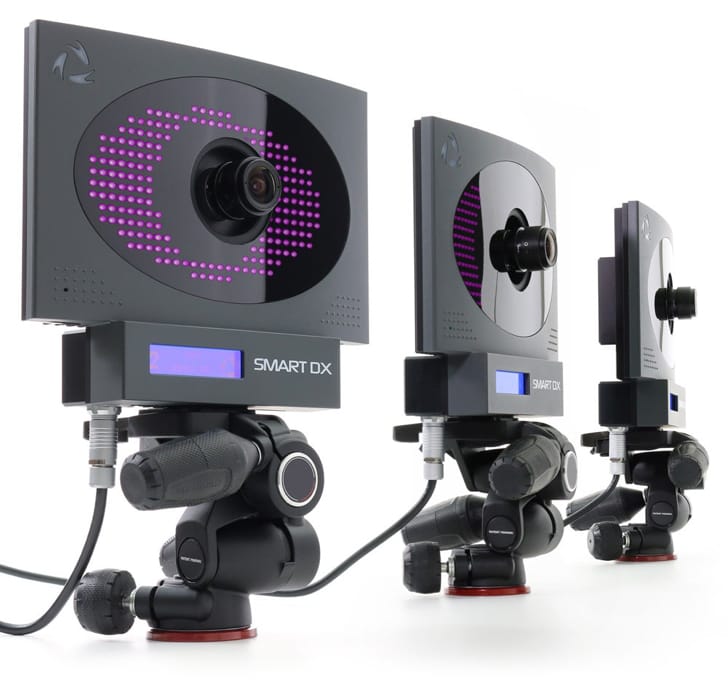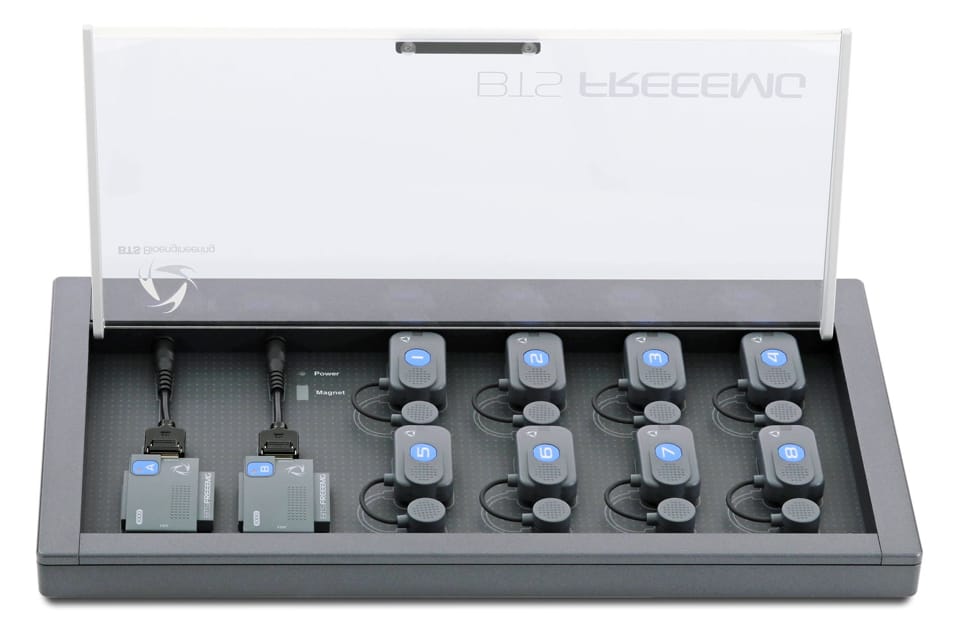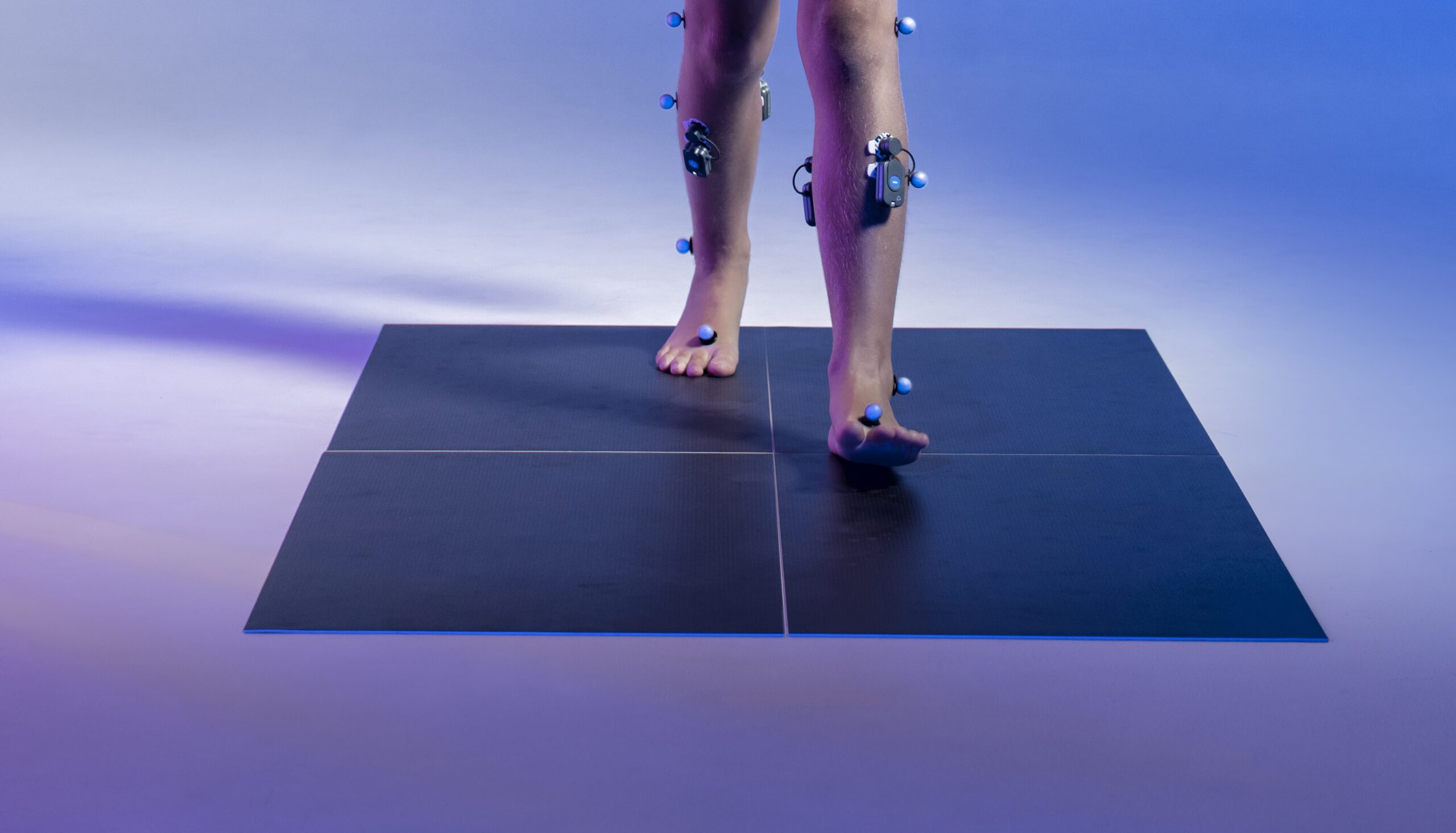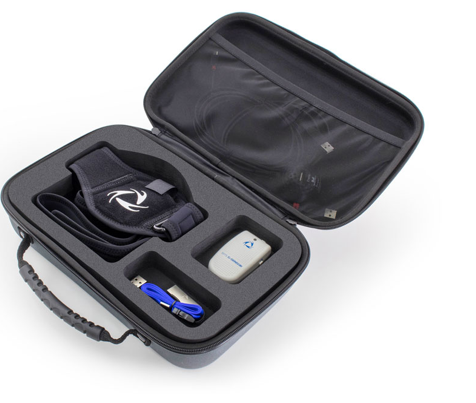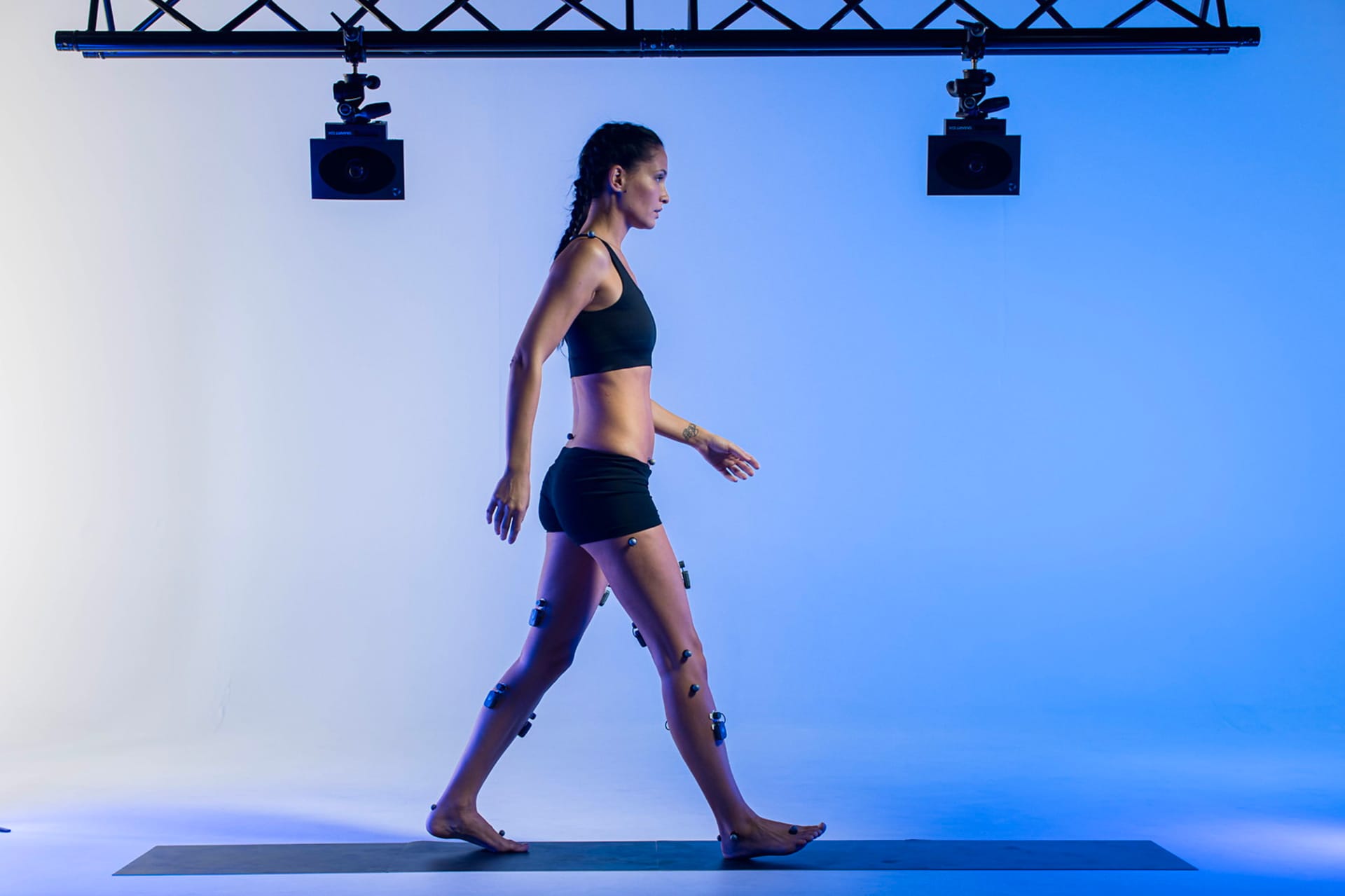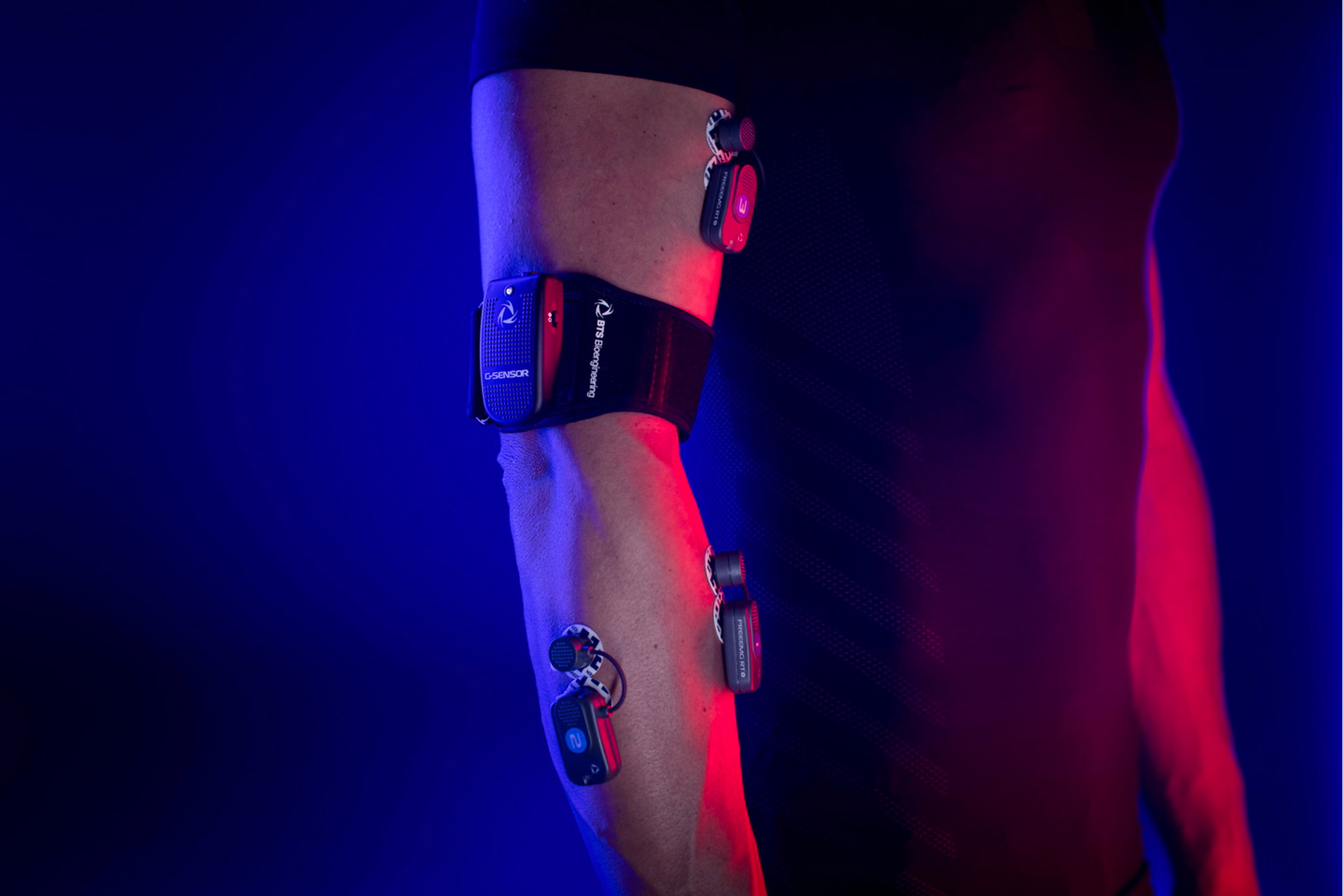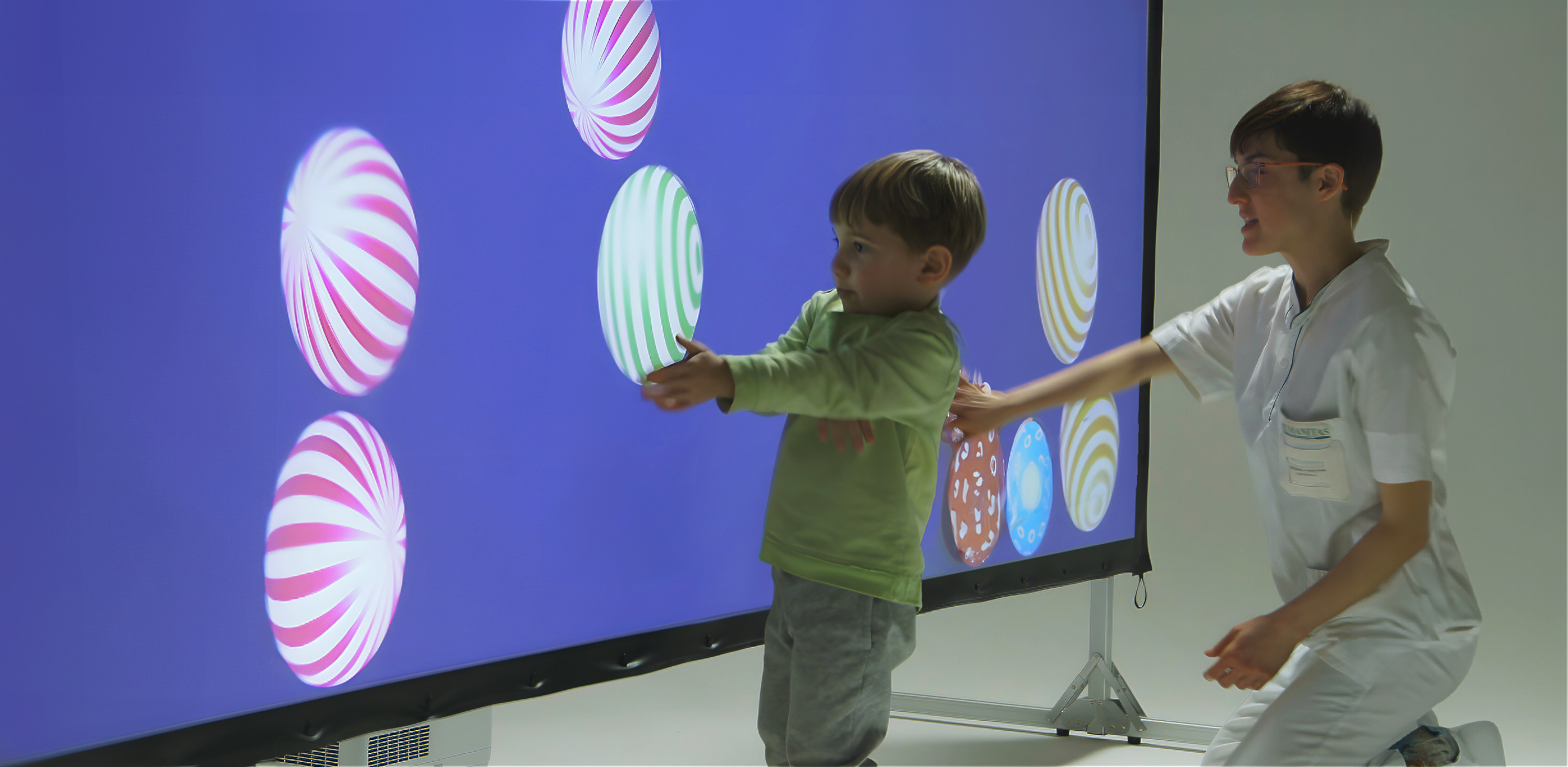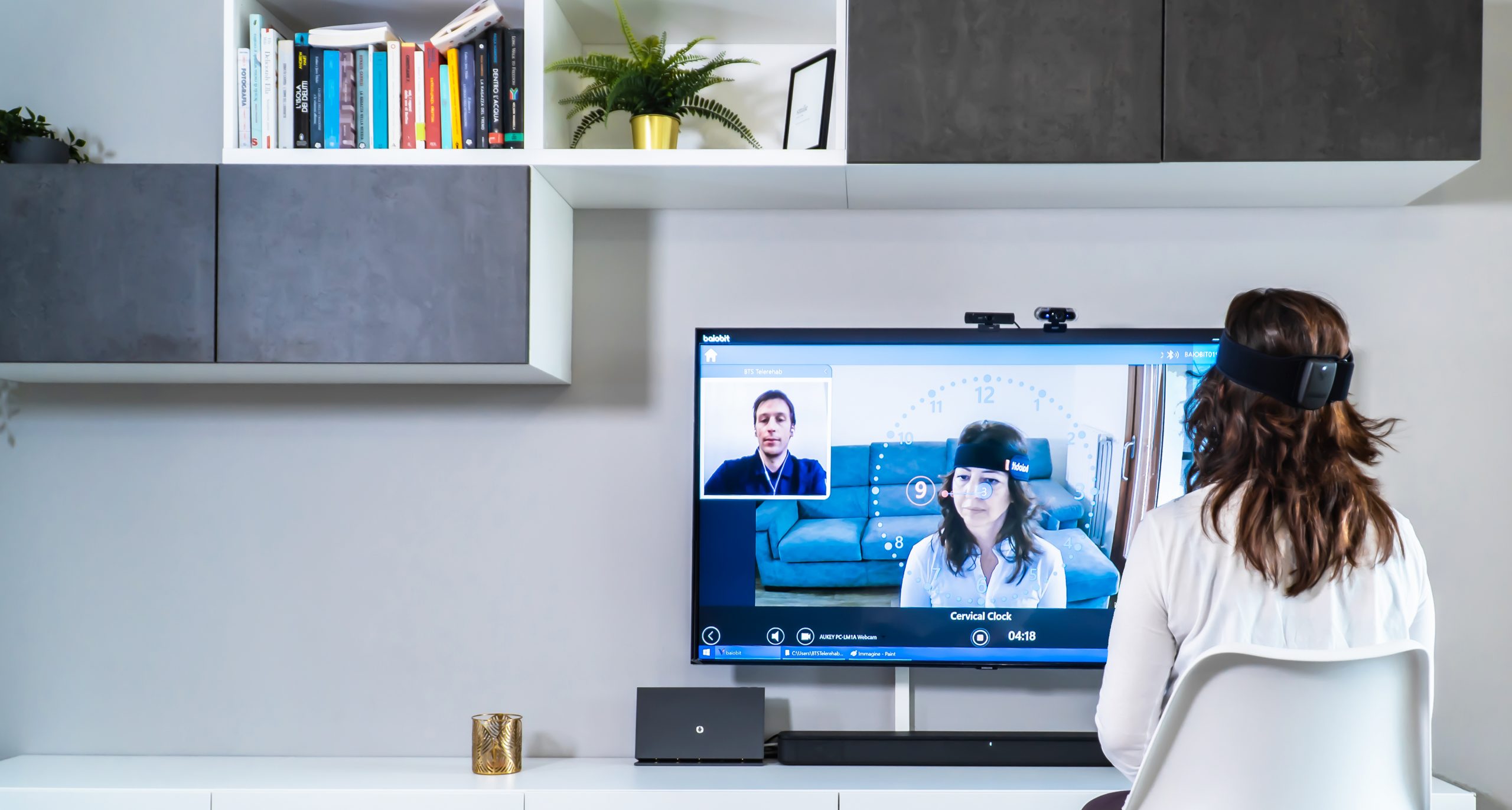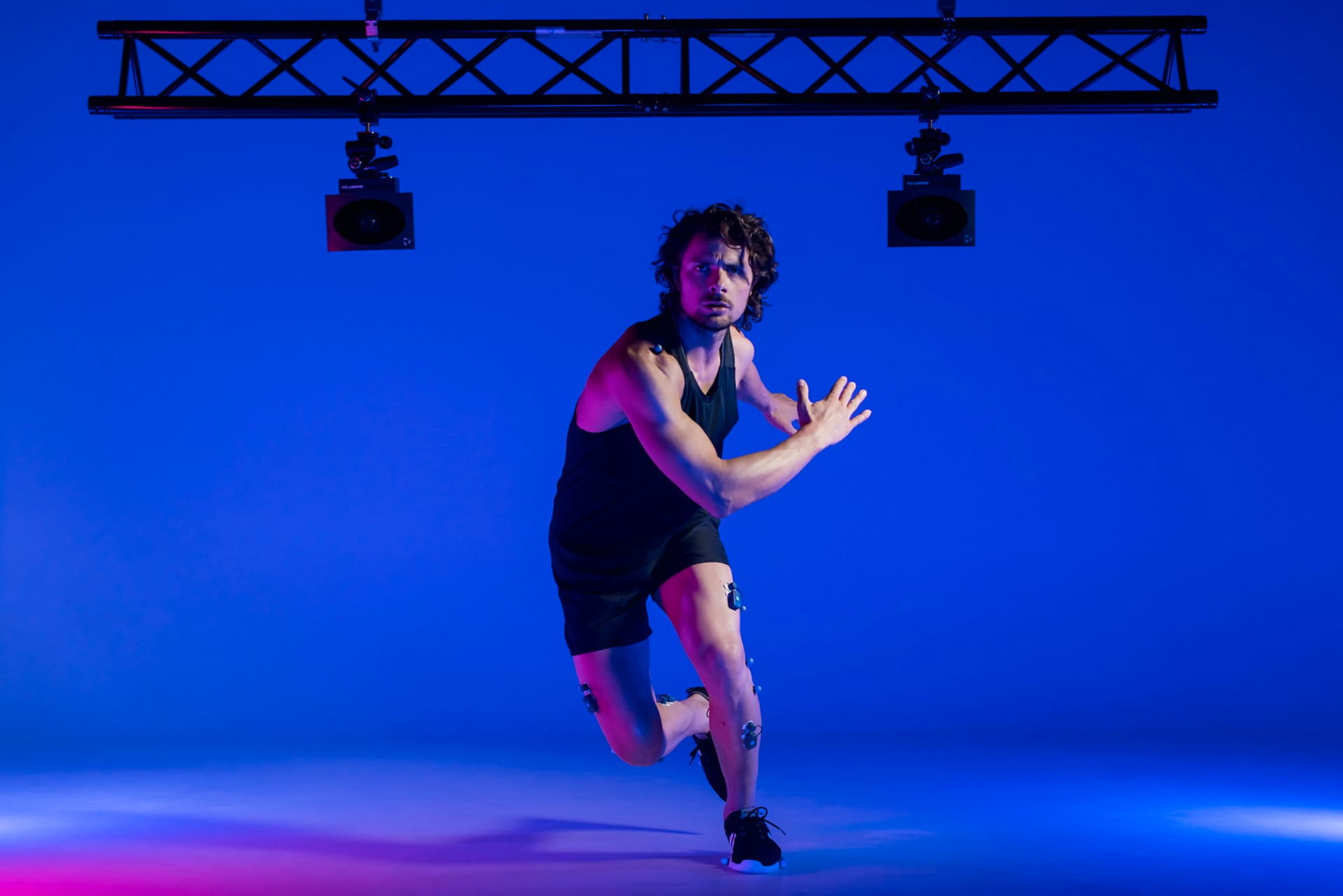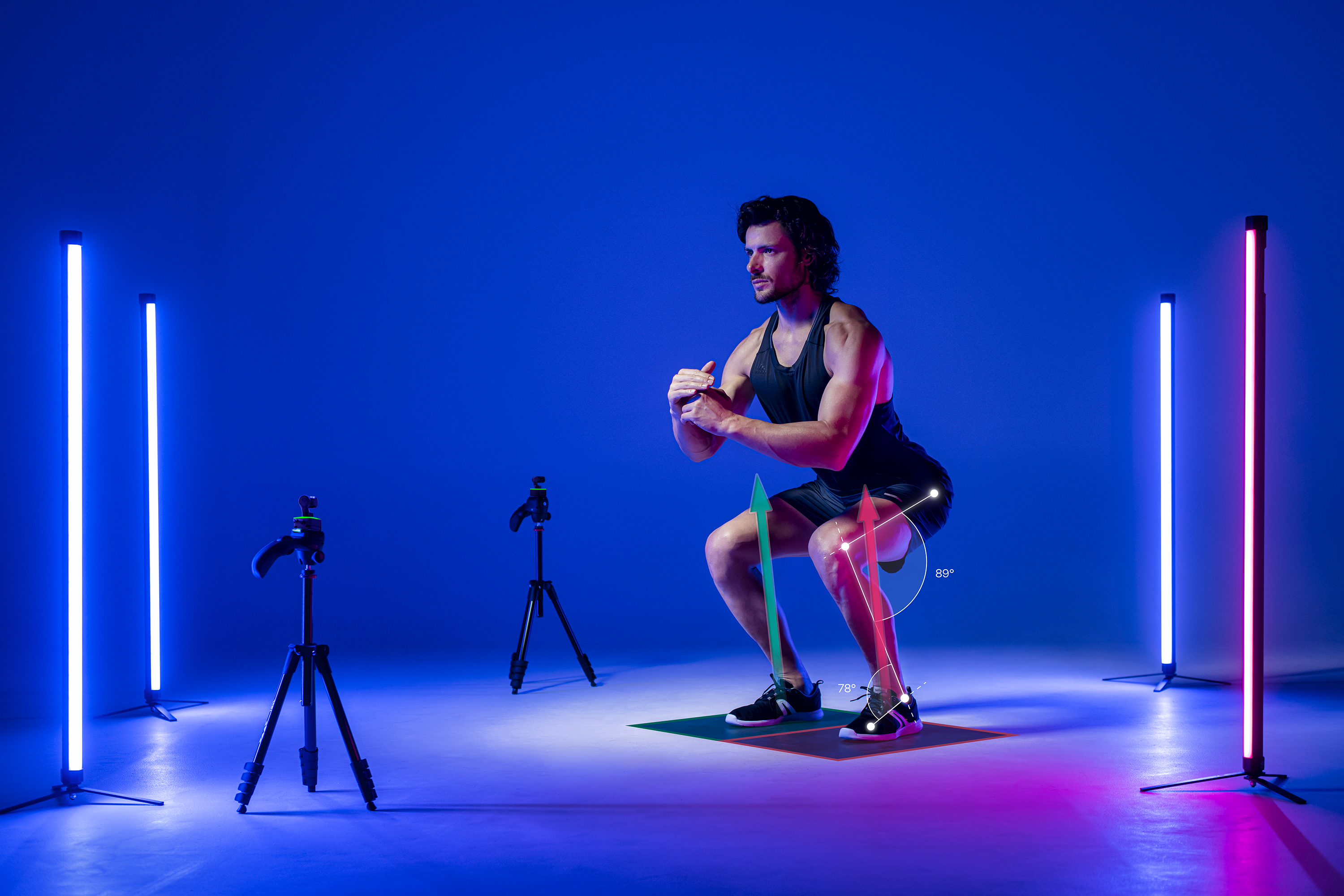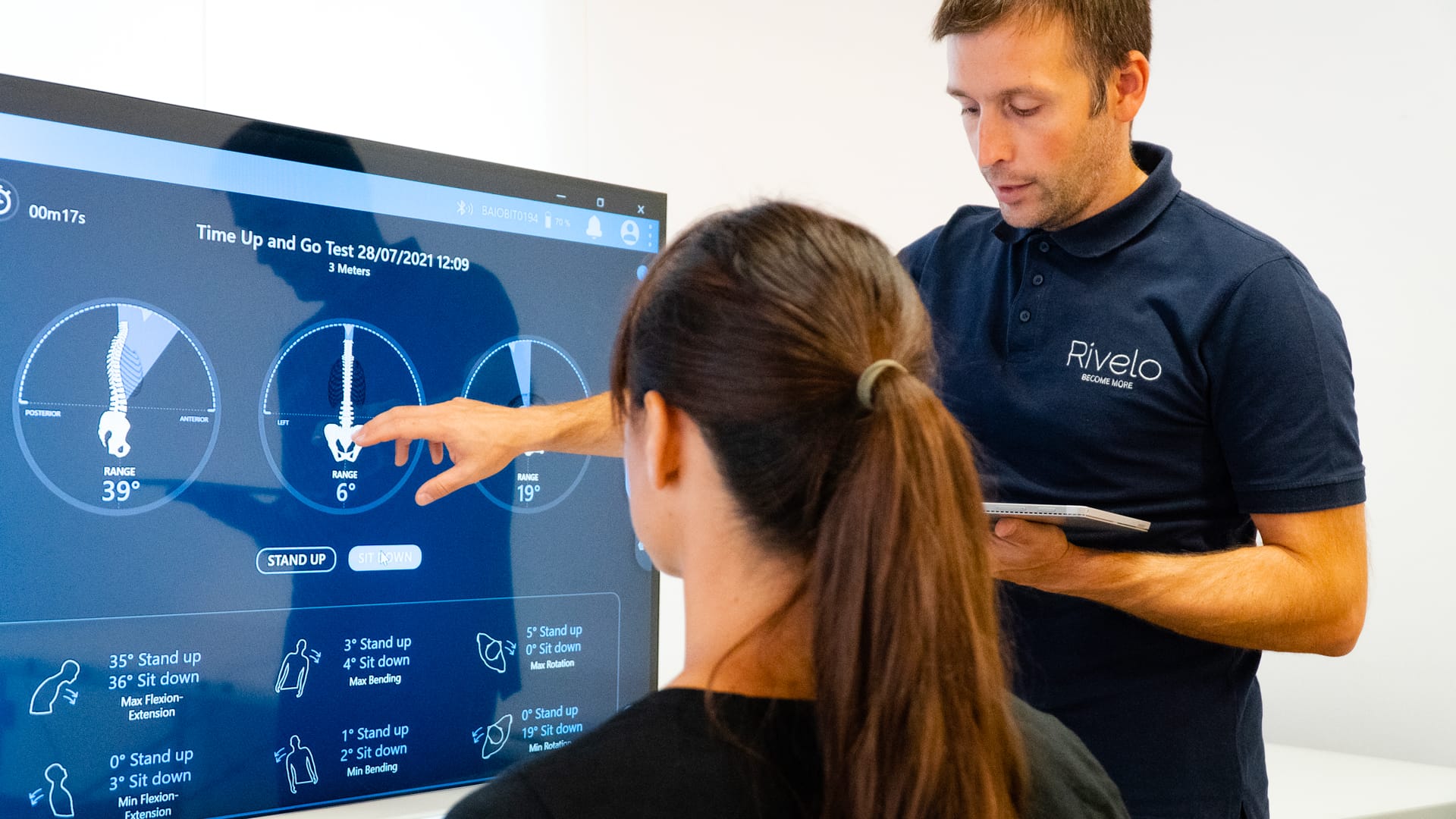Virtual Reality in minimally conscious state rehab
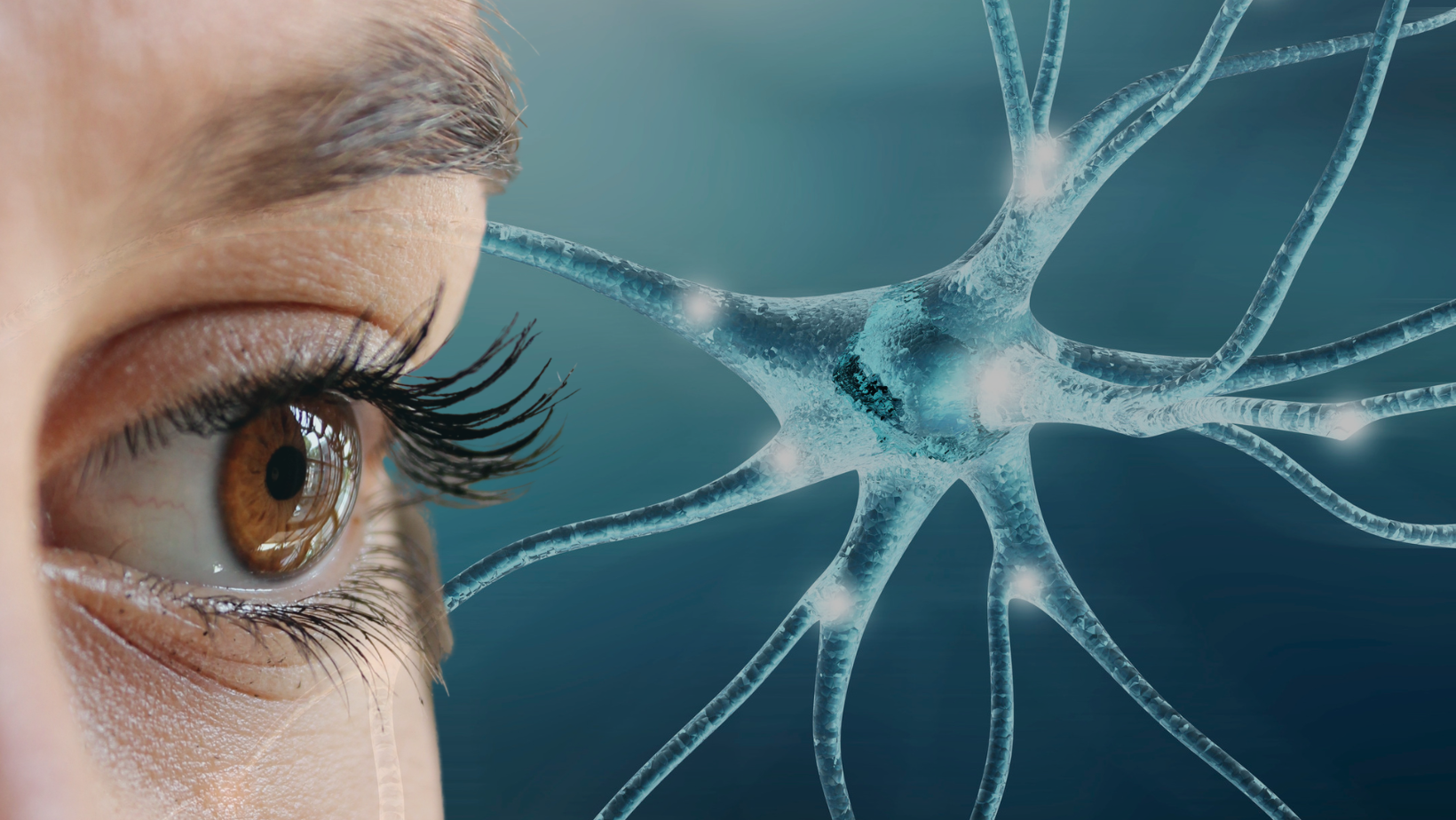
Chronic disorders of consciousness cause a total or partial and fluctuating unawareness of the surrounding environment. Virtual reality (VR) can cover a crucial role as a diagnostic or neurorehabilitation tool, and its effects can be monitored by means of both clinical and electroencephalography (EEG) data recording of brain activity.
In this case report a 17-year-old patient with a disorder of consciousness (DoC) was provided with VR training to improve her cognitive-behavioral outcomes, which were previously assessed with other systems. At the end of the training, significant improvements in both clinical and neurophysiological outcomes were achieved.
An additional investigation on the role of EEG and VR was then carried out suggesting that neurophysiological data, in combination with VR, could be useful in evaluating the reactions induced by different paradigms, in DoC patients.
All things considered, the good news is that EEG plus VR approach used in this study could be promising to define the most appropriate stimulation protocol, so as to promote a better personalization of the rehabilitation program.
Want to know more? Read here the full article
